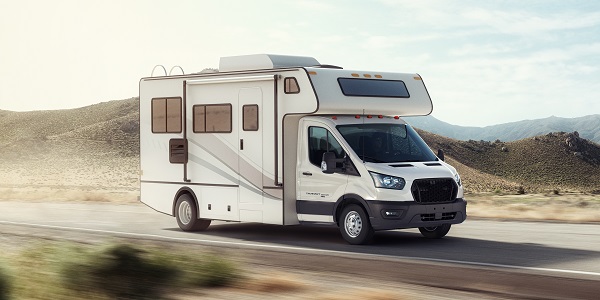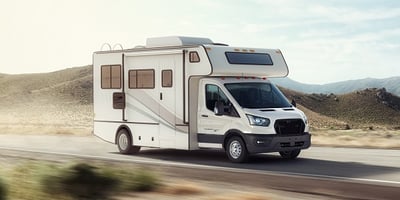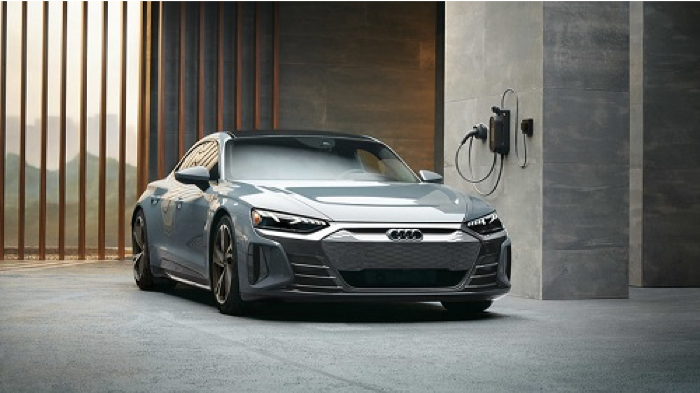Factors That Affect Car Insurance Rates
Car insurance is an agreement between you and an insurance company that will ideally protect you from financial loss if you were to get into an...
Manage your everyday finances with convenient accounts, flexible cards, and personalized service designed to fit your life.
At First Federal Bank, we offer flexible mortgage solutions for almost any situation, helping you secure the right financing for your dream home.
Business banking offers secure financial management, streamlined transactions, credit options, and tools to help businesses grow efficiently and sustainably.

 If you love to travel, you’ve probably entertained the idea of purchasing your very own camper or RV. However, these mobile living spaces each come with unique benefits and drawbacks. Here’s a look at what each brings to the table — along with a few factors to consider before you buy an RV or camper:
If you love to travel, you’ve probably entertained the idea of purchasing your very own camper or RV. However, these mobile living spaces each come with unique benefits and drawbacks. Here’s a look at what each brings to the table — along with a few factors to consider before you buy an RV or camper:
Car insurance is an agreement between you and an insurance company that will ideally protect you from financial loss if you were to get into an...

Instead of trading in your used vehicle at a dealership — where you are likely to get less than the retail price — you can sell it yourself to a...

Nearly 30 years ago, several automakers began implementing a new program at dealerships: instead of auctioning off trade-ins and other brand-new...
Manage your accounts, make payments, and more.
Open an account with us.